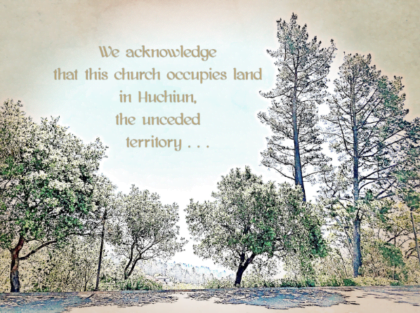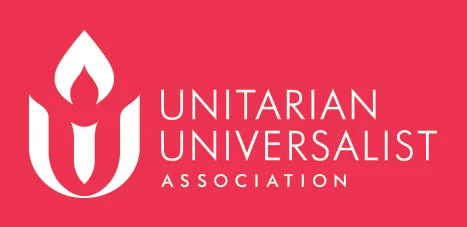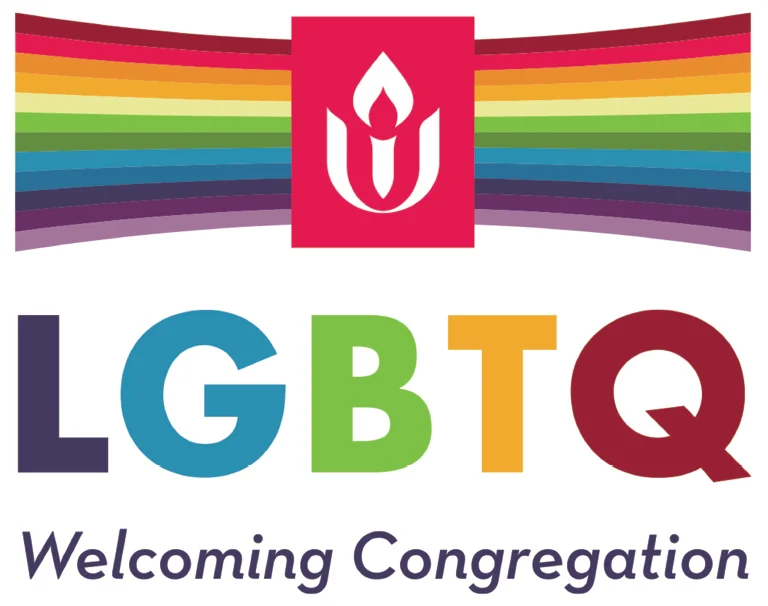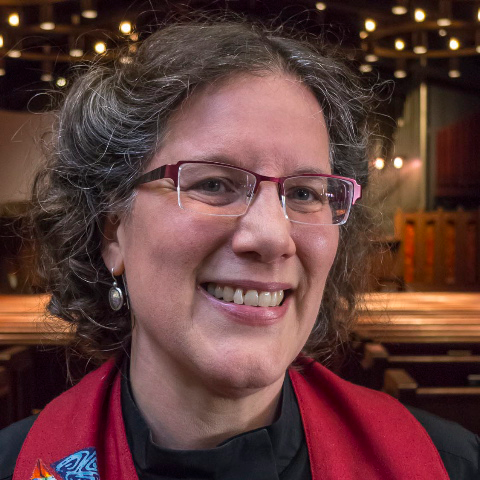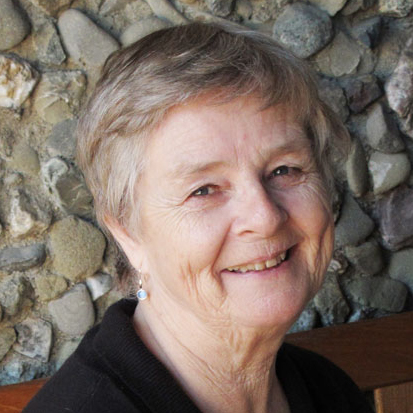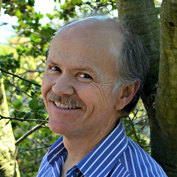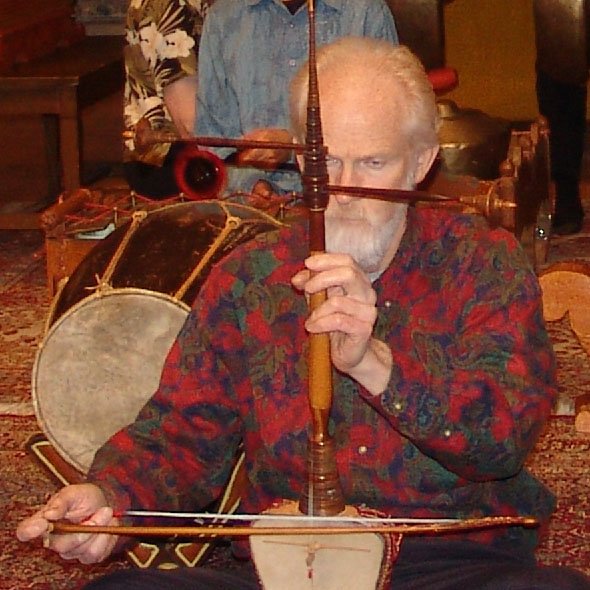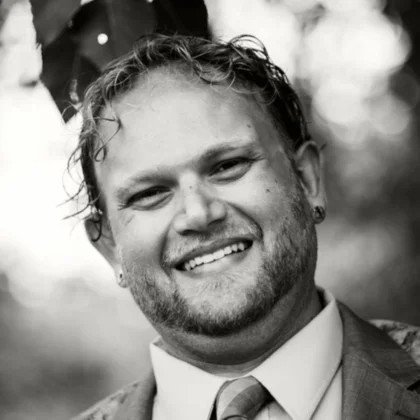For thousands of years prior to colonization by white settlers, Indigenous people held stewardship of the land on which UUCB sits, along with a large part of the Bay Area and south to the Monterey Bay. To be specific, the church is situated on a portion of what was known as Huchiun, the unceded territory of the Chochenyo-speaking Ohlone people, some of whose descendants are members of the Confederated Villages of Lisjan and/or the Muwekma Ohlone Tribe of the San Francisco Bay Area.
UUCB’s Honoring Indigenous Peoples Group (HIP) meets monthly and engages our congregation in:
- education and deep learning of Indigenous peoples’ history, acknowledging the harms, including genocide and land theft, done by settler colonialism
- connecting and actively partnering with Ohlone people in the community
- assuming accountability as we engage in ongoing and enduring acts of respect, including, but not limited to, acknowledgements of land at church services and meetings, dedication of a plaque, and making regular financial contributions to Indigenous peoples’ organizations.
PLEASE VISIT
https://honoringindigenouspeoples.group
The Honoring Indigenous Peoples Group (HIP) has a Blog. Please click on the link above to check it out. You’ll find recommended readings and videos to learn more about the Ohlone, about Native American life in general, and how to be an ally and accomplice in the justice-seeking activities of Indigenous groups.
Want information about Indigenous land reclamation in the Bay Area? Or about the hundreds of shellmounds that were once part of the landscape? Did you know that wild strawberries and soaproot—plants important to the culture of the Ohlone—grow on a UUCB hillside? Are you interested in knowing more about “Actions You Can Take?” You’ll find out all that and more in the Blog.
When you visit the blog site, please make sure to sign up for “Follow Us via Email,” to assure that you’ll get timely updates.
The HIP Blog, as well as UUCB’s support of the Sogorea Te’ Land Trust, is part of our ongoing commitment to align with and support Indigenous peoples. HIP has also organized presentations during Native American Heritage Month, led a discussion series on the book Braiding Sweetgrass, planted a Three Sisters Garden, held a harvest celebration with a blessing of the garden by Kanyon Coyote Woman Sayers- Roods, and more.
UUCB’s Land Acknowledgment
As we begin, we want to acknowledge that this church occupies land in Huchiun, the unceded territory of the Chochenyo-speaking Ohlone people. May we have the humility and courage to do our part to restore what has been broken, and the wisdom to live into a new solidarity with Indigenous communities and the earth.
Questions? Interested in joining the HIP Group? Please contact Helen Tinsley-Jones at honoringindigenous@uucb.org.
“‘We recognize the people who stood here and protected this land and protected the Earth before…I think there’s responsibility to everyone in the United States to understand what land you’re standing on and to learn about the history of the place you occupy, to respect the ground you walk on.’”
– Redhawk Cultural Director Cliff Matias, who is Quechua and Taíno

